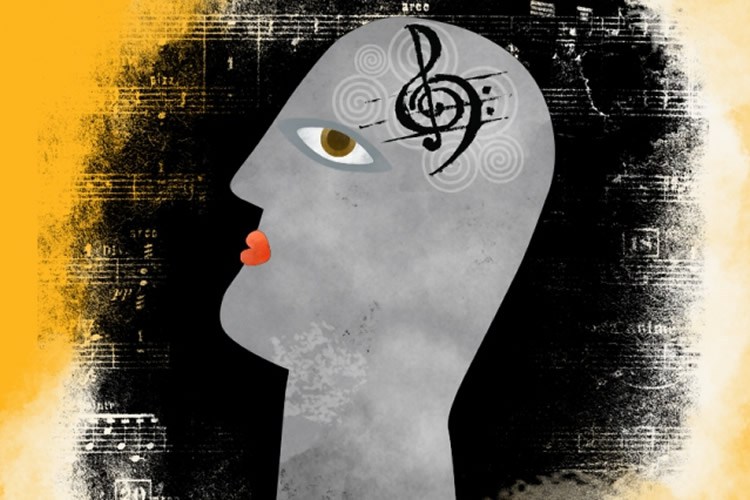Music affects the brain in many ways, for both the listener and performer. Some of the impacts are temporary and subtle while others are more permanent and noticeable. For example, music can boost a person’s mood or even increase the brain’s ability to learn.
Some of these effects were discussed in an earlier blog post, but there are some impacts music has on the brain that have not yet been mentioned. It is also worth noting that many of these effects are still being researched since this is a relatively new field of study.

One of the most common reasons people listen to music is because it makes them feel good. The brain releases dopamine (a feel-good chemical) when we hear music. The effect is so strong and fast that the brain can anticipate peaks in music and release an early dopamine rush.
Many people use music as a coping method for stress. Some studies have shown that listening to music can decrease stress hormones in the body.
“Music has always been a way for me to de-stress. I started playing piano when I was four, and ever since, any time I go through emotional turmoil or stress, I either play music or listen to it through my phone. I think it is a valid form of therapy. Therapy helps people deal with emotional and mental issues, and music helps me to do so. I remember my mom commenting that she always knew when I was feeling unwell (emotionally or due to stress) because I would sit and play the piano for hours,” said Victoria Cidor, who plays piano and flute as a hobby.
Instrumentalists see even more of an impact from music on their brain’s development. Not only do they often have more gray matter volume in the brain, but many musicians also have higher auditory processing, learning and memory after learning to play an instrument. Musicians also typically see higher IQ’s and grades in school.
The Public Library of Science (PLOS) defines executive functions as “cognitive capacities that allow for planned, controlled behavior and strongly correlate with academic abilities.”
Music is more than a fun way to pass the time. For many, it is a form of therapy or a way to increase their intelligence. However, researchers are still studying these effects and the other ways music can affect our body.

Leave a comment